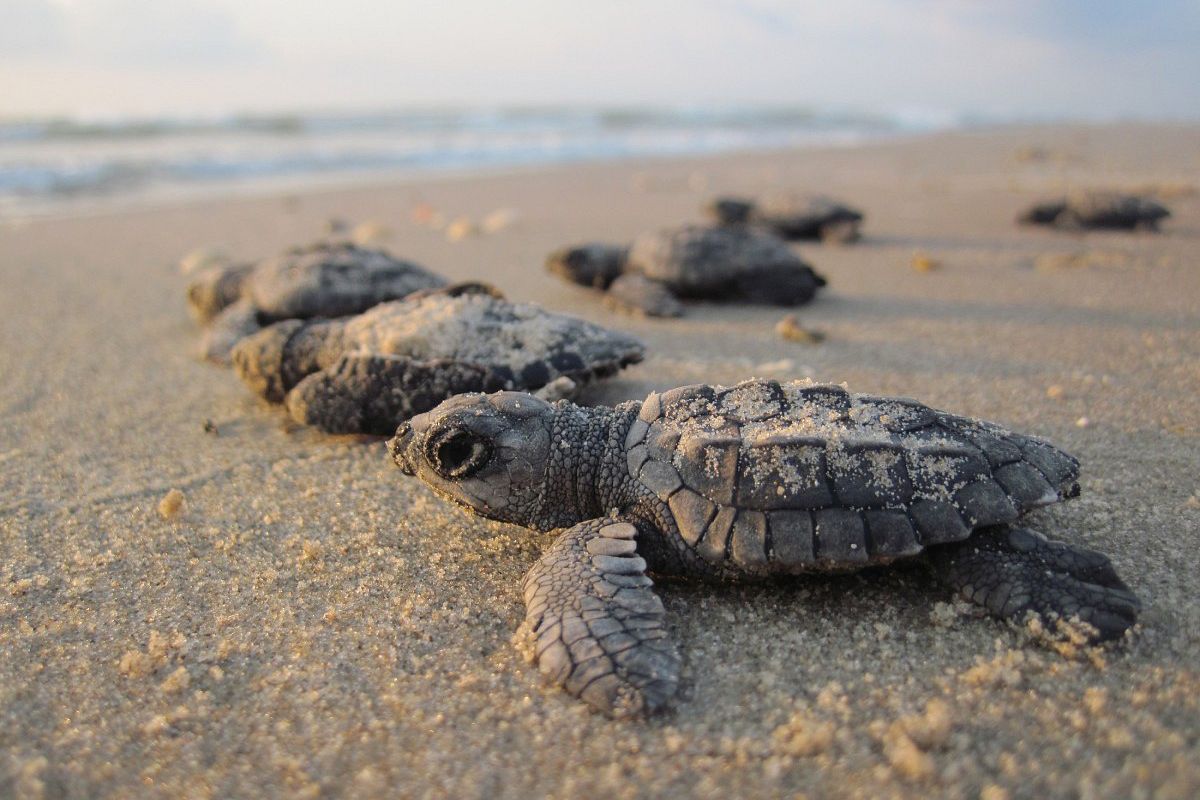As part of next year’s Chang’e-4 mission, Chinese scientists plan to grow potatoes inside a moon-bound mini-ecosystem.
To create the ecosystem, the potatoes will share a small cylinder with silkworm larva, a Chongqing University professor told the Chongqing Morning Post.
This is just one task among many that was unveiled at the recent Global Space Exploration Conference (GLEX 2017) in Beijing. Impressively, the Chang’e mission also hopes to be the first successful landing on the “dark side” of the moon.
This project was chosen from 257 experimental ideas for future Chinese space exploration, and it is a continuation of a theme. According to Shanghaiist, China’s Shenzhou-11 mission in 2016 successfully bred the first ever space mangoes, a process which included conducting a series of “space breeding” experiments.
The name 'Chang’e' refers to an ancient Chinese legend about a beautiful young woman who accidentally (but on purpose) steals her husband’s immortality pill and becoming the moon.
Previous incarnations of Chang’e space missions included an introductory reconnaissance mission (Chang’e-1), a slightly deeper exploration (Chang’e-2) and finally a soft-landing (Chang’e-3), making China only the third country to ever soft-land on the moon. Chang’e-3 has already surpassed all expectations, as the moon rover was intended to stay for one year, but has survived for over three.
The goal of the space potato experiment is to track the survival rate of the potatoes and silkworms, should humans ever decide to leave the planet and colonize the final frontier.
So long as the spuds grow, it is already well-documented – thanks to Matt Damon in The Martian – that astronauts can get by on a diet solely made up of potatoes.
[Photo via Shanghaiist]














